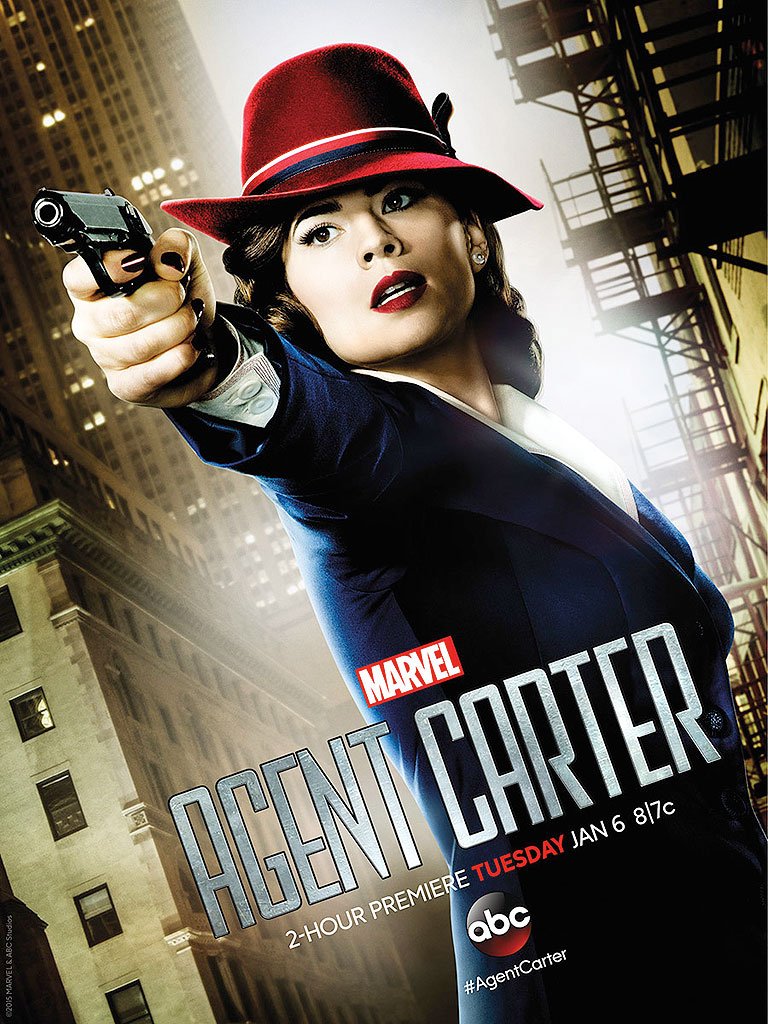Buckle up you all, it’s time for act one.
Act one is when we get to see into the world of the story. Generally,
I imagine Act One to be about three chapters, although some form of conflict
should occur before that, or else I’m going to be really bored and stop reading
and go do homework. I have so much homework help me.
But anyway, let’s talk about Act One in a little more
detail.
This act is bringing us (the reader) into the world of the
story. The first chapter, especially the first paragraph and especially especially the first
sentence, has to engage the reader. I’ve read a book, not going to name any
names, but it was a really really horrible book.
A horrible book.
The first sentence was something like (don’t quote me on
this, I got rid of the book) “I sat tired on my bed wondering what my first day
of school was going to be like.”
How boring is that?
Super boring.
You want your first act to snare the reader. Grab them by
the collar and don’t let go of them until act three is over and they put your
book down with a satisfied sigh and a “Wow.”
To do that, give the reader a little taste of what’s to
come. Describe a little bit of the environment, but not too much. That’s called
infodumping and it’s horrible.
But anyway, the first act is important because it draws the
reader in and enthralls them.
Go forth my lovelies, and write.

